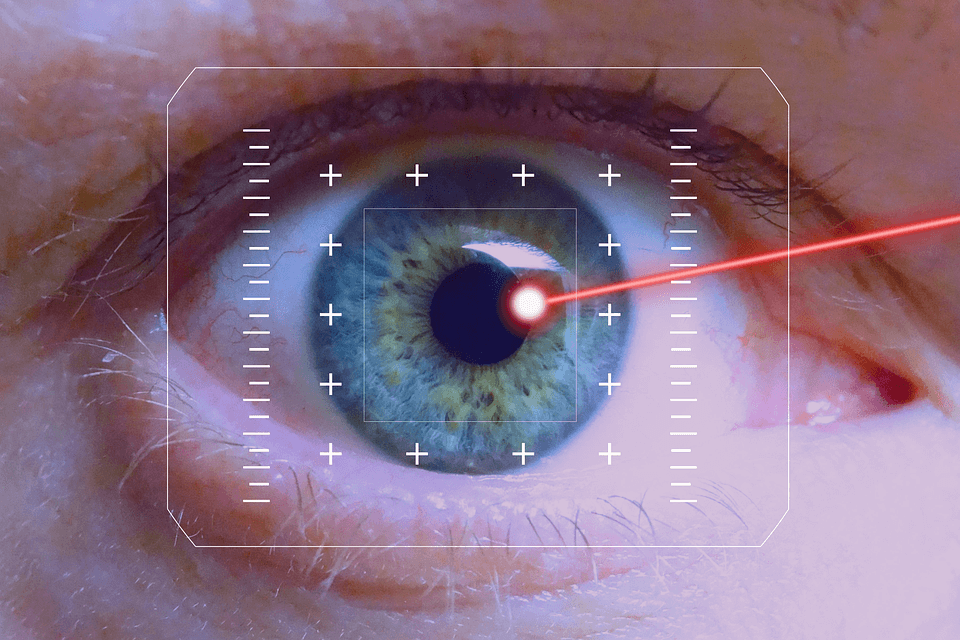What Is Laser Eye Surgery?
Laser eye surgery is a refractive surgery conducted to eliminate eyesight problems such as farsightedness, nearsightedness, astigmatism, and presbyopia. This is done to reduce the dependency on prescription lenses and glasses.
There are different kinds of laser surgery, such as intraocular lenses and refractive surgeries, which you can get depending on what your eyes need.
The procedure uses a cool ultraviolet light beam which can remove microscopic tissue from the cornea to restructure it so that it can focus properly and the light will reflect where it should. This helps a lot with vision problems such as far and nearsightedness. People suffering from nearsightedness need a flatter cornea whereas patients of farsightedness need the surgery to make the cornea steeper. Laser surgery can also restructure the cornea to heal astigmatism.
After the laser surgery, the cornea is left to heal naturally, and you should take care of the eye as the doctor advises.
Most of the problems that need to be treated by laser surgery are caused by cholesterol–related or diabetes-related health problems. It weakens the eyes and causes a reshaping of the cornea which severely affects vision and can potentially cause blindness.
The introduction of bladeless wavefront technology has made the life of patients and doctors much easier. With the use of this technology very less than one percent are likely to suffer any long-term complications in the eye. It has become an extremely safe and quick procedure. Some patients get it done on both eyes and are fully recovered and back to work by the third day, of course, you need to take care of the eye and consume the prescribed antibiotics regularly. The symptoms of laser surgery carry on for a few days to a few months for some, these include dry eyes and night haloes, but most of the patients consider it worth the minor inconvenience.
Do You Need Glasses after the Surgery?
Prescription glasses kind-of have the same purpose as the laser surgery. Of course, the outcomes and experience are different, but they are for the same purpose. Glasses or lenses are prescribed by doctors to treat near and farsightedness.
Laser eye surgery is the option that comes after the glasses; some people may decide between getting it done earlier than it is required to give their eyes a fresh start, but doctors will recommend this only if you need it.
You do need a quality pair of UV protected sunglasses immediately after and for the next few months after the procedure. Exposure to sunlight can cause problems for the freshly restructured cornea. After the surgery, your eyes tend to be extremely sensitive to light and you have to protect them. Sunglasses will also protect your eye from dust particles and fast winds, which will eventually speed up the healing process.
The first week, you need to cover your eyes with sunglasses. But, if you are going to a sunny place or on vacation even after a month of this procedure do not forget your sunglasses.
As far as prescription glasses are concerned, you might not need them anytime soon. However, patients who have diabetes and cholesterol related problems may require them just after a few weeks, but the vision is improved.




